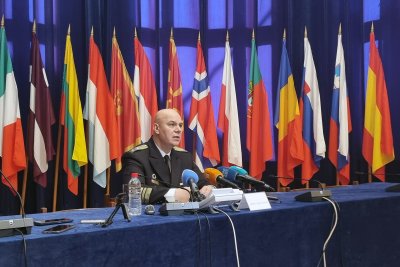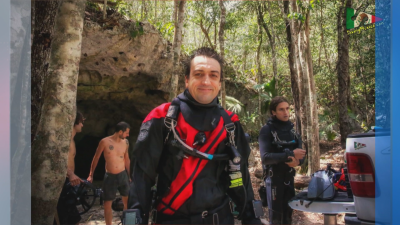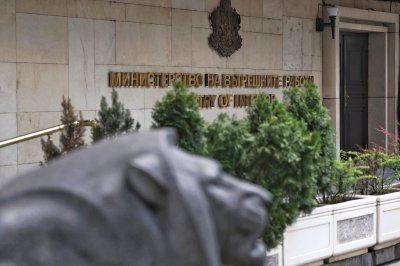Everyone is impressed by Bulgaria’s substantial progress on meeting the eurozone criteria, European Council President António Costa siad during a press briefing at the Council of Ministers following his meeting with Prime Minister Rosen Zhelyazkov on April 27.
In his words, joining the euro area is based on objective criteria.
"Thus far, everyone has been impressed by the significant progress Bulgaria has made in meeting the various criteria," Costa said.
He emphasised that his visit to Bulgaria comes at an important time—when the country is solidifying a major achievement with its Schengen accession and is making strong, continuous progress toward adopting the euro.
"We expect the final two assessment reports—from the European Commission and the European Central Bank—to be released in June. I hope the evaluations will be positive, and if so, the European Council will be able to make a favourable decision in June, followed by a final decision by the European Parliament," Costa added.
Regarding the Republic of North Macedonia, António Costa said that the enlargement of the European Union to include the Western Balkans, as well as Ukraine and Moldova, represents some of the Union’s most important geopolitical investments.
"It is an ongoing process. We will continue to work with the various countries," Costa said. He noted that in two weeks, he would visit the Western Balkans region and hold talks with the leaders of the countries there.
We are dedicated and committed to the success of this enlargement and I believe it will be extremely important for all countries in the European Union, but also for the South-East region, António Costa explained. He explained that it is relied on the efforts of all parties to overcome the problems and address the different issues in the right way and to ensure an effective enlargement in this process in the next five years.
It is very important that the EU is close to the people, businesses and institutions. There are two main priorities for the European Union - these are competitiveness and security. They are very closely interlinked, António Costa said.








 Чуй новините
Чуй новините Подкаст
Подкаст






















